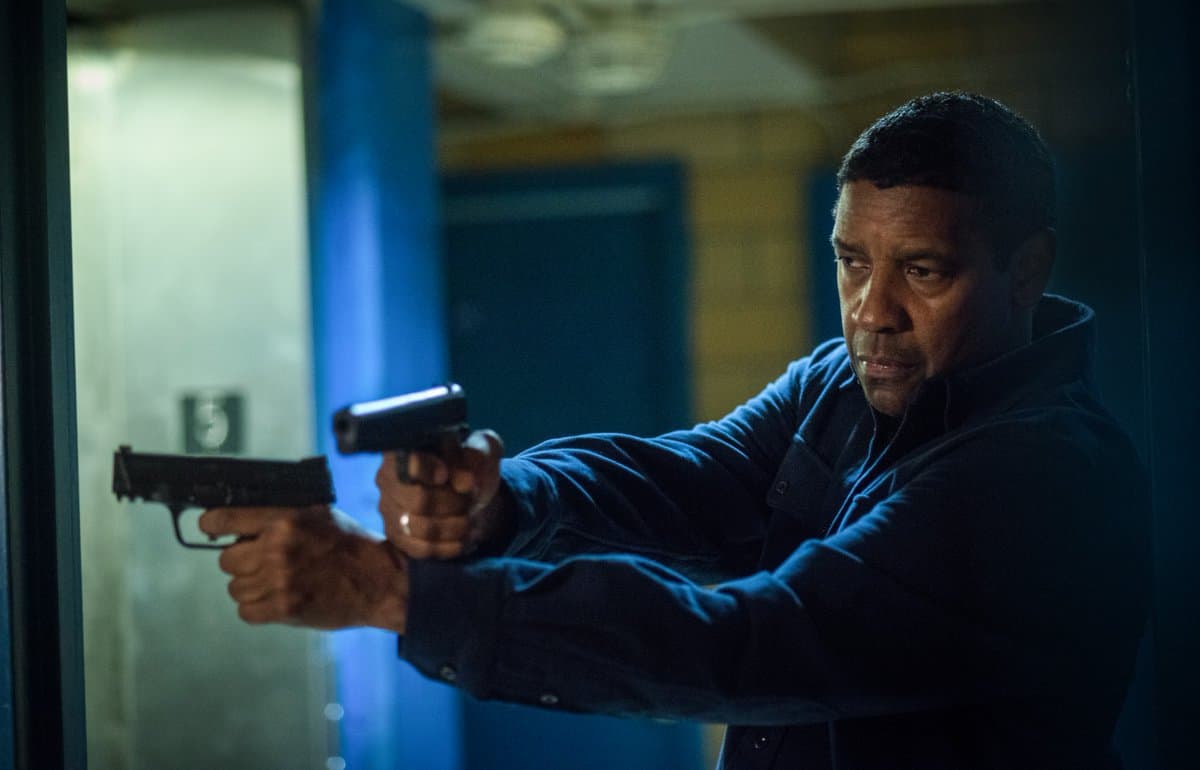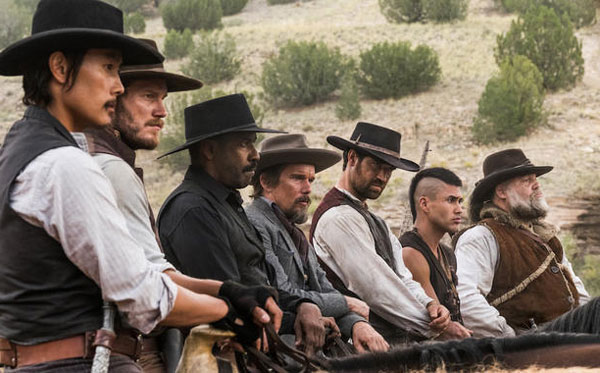The Equalizer 2
by George Wolf
It still confounds me why John Wick gets more action cred than The Equalizer. Released less a month apart in 2014, Denzel and director Antoine Fuqua bettered Keanu and Chad Stahelski in nearly every respect. But, in fairness John Wick helped inspire Key and Peele’s very funny Keanu so I’ll move on.
JW already dropped its deuce (with part 3 currently in the works), and now The Equalizer 2 gets its director, star and screenwriter (Robert Wenk) back together for a slightly less satisfying dose of the same medicine.
Robert McCall (Denzel) has moved on from that big box hardware store he decimated in part one and settled in as a Lyft driver, making friends around his Boston neighborhood, and enemies when someone wrongs his friends.
E2 lets us see more of that random equalizing, which means more time before we get to the core conflict, but also more helpings of those bad guy beatdowns that bring such primal satisfaction.
Denzel is effortlessly good, which comes as a shock to no one. He digs deeper into the character this time out, maintaining the ticks that outwardly define McCall while sharpening the edges of a mysterious past that is never too far out of reach.
Secrets from that past begin to leave a bloody trail, and after a hit is ordered on his old boss Susan (Melissa Leo), McCall promises to make the guilty pay, his only regret being that he “can’t kill them twice.”
Denzel as a badass is so much cool fun, and he’s clearly the muse for Fuqua’s best work (Training Day, The Magnificent Seven). The stylized violence that so elevated the first film is here as well, but like most of the other elements, in lesser numbers.
The absence of a memorable villain is also felt. Marton Csokas was a great one, and E2 comes nowhere close to matching his simmering intensity. Substantive moral ambiguities are raised in fairly generic fashion, metaphors get a touch too weighty and the running time a bit too excessive.
The Equalizer 2 does offer plenty to like – Denzel, some scenes with unexpected turns, a surprisingly touching epilogue, Denzel – but little of it can match the style or the vibe of the original.



